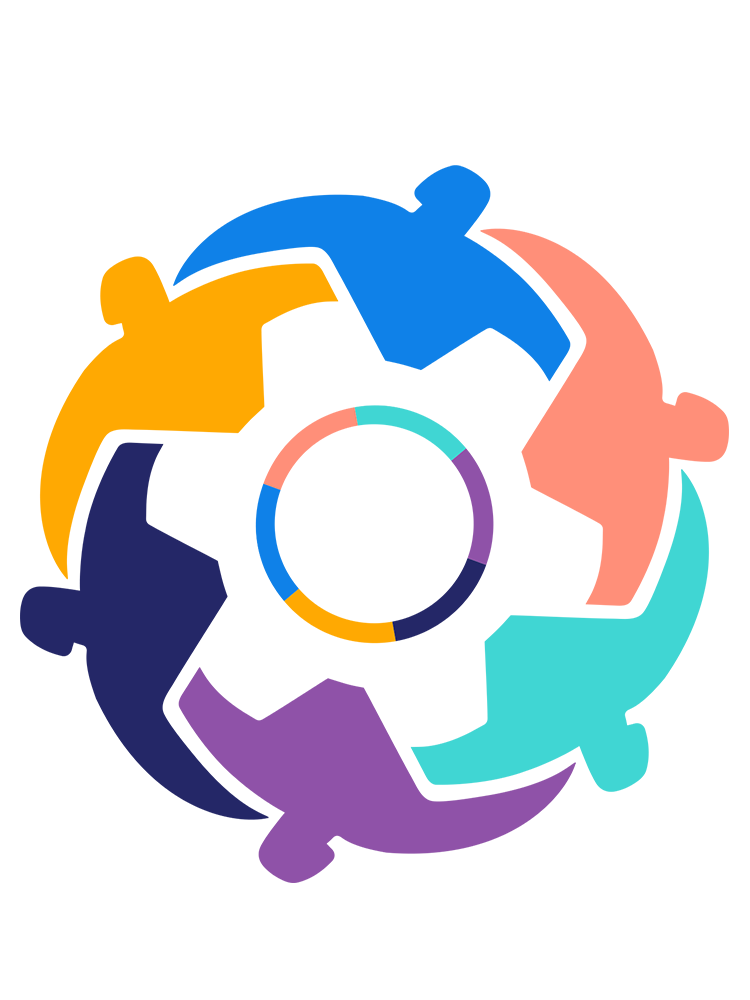Written by Ara Alejo, ASLF 2023 Fellow
I’ve spent a week in Bangkok, Thailand, for the Asia Solidarity Lab 2023 (ASL). It’s been an adventure I didn’t expect to happen. I’ve been involved in the environmental movement for quite a while now, but it was the first time I shared campaigning experiences with colleagues from other countries. In my former organization, I was always at the back end of these kinds of activities: logistical support, technical support for Zoom, or just watching from the outside perspective.
I tend to be reserved when it comes to sharing my experiences, possibly due to my lack of confidence in speaking English. While I can comfortably write in English for extended periods, my speaking skills are not as strong. Consequently, I often find myself declining or delegating tasks like these to my colleagues.
But this time, since I’m relatively new to working with 350 Pilipinas, I’m eager to gain insights from 350.org, its associated networks, and affiliates. I’m keen on understanding the commonalities and distinctions between our approaches, how we collaborate and support one another in various campaigns, and the camaraderie that characterizes our network culture. That’s why I decided to participate in ASL 2023.
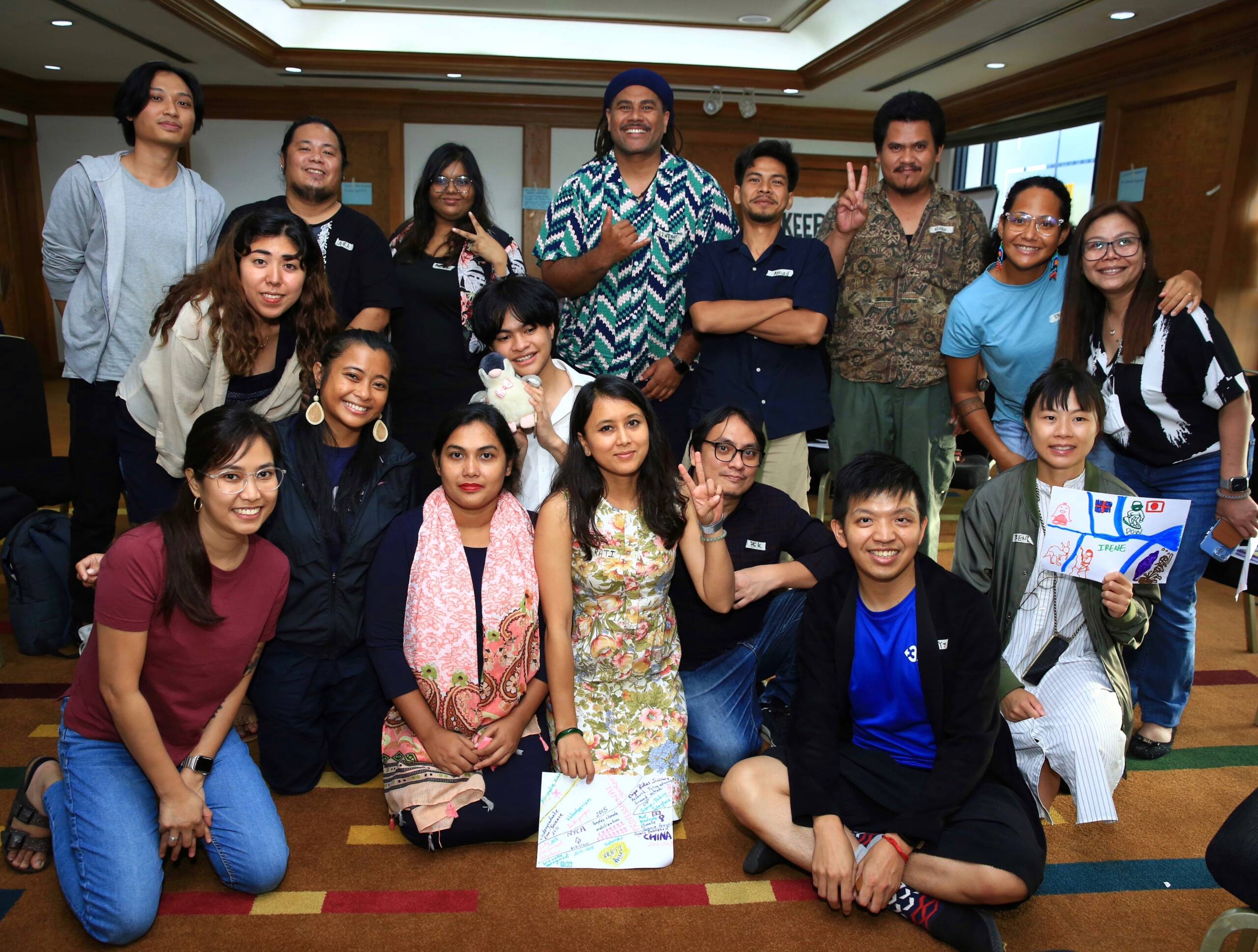
350 Pilipinas’ Ara Alejo and 350.org fellows from different parts of Asia joined this year’s Asia Solidarity Lab. Photo: ASL 2023
We engaged in a three-day fellowship training combining online and in-person components. The focus was on renewable energy and devising campaigns with practical solutions. Our facilitators began by establishing a welcoming environment with norms that emphasized the importance of respecting each participant’s beliefs, identity, and capabilities. These norms significantly made me feel at ease during each session, ultimately enhancing my learning experience.
Throughout the training, I gained insights into the variations in campaign strategies in different countries and how factors like politics, religion, and culture can shape the design of these campaigns. Additionally, I acquired valuable tools and techniques that can be applied in our online training efforts.
The Fellowship played a crucial role in developing our campaign strategies for the upcoming global mobilization called “Power Up”, led by 350.org on November 3-4. It also allowed us, the fellows, to take on the role of presenters and facilitators in the ASL Online sessions while involving new participants we aspire to collaborate with for the global event. We were grouped in pairs and allowed to select the topics we wanted to explore. I partnered with Fathan from the Climate Rangers Jakarta, and we decided to delve into the subject of community-led renewable energy together.
Before our meeting in Bangkok, we conducted several meetings and consultations to prepare for our presentation on the chosen topic thoroughly. During these sessions, we carefully planned the structure of our discussion and identified the specific elements we wanted to include. Our preparations involved incorporating videos showcasing successful renewable energy (RE) initiatives and incorporating practical exercises based on the tools we had acquired during our initial session. After extensive deliberation and refinement, we settled on the title “ACROSS THE SEA: People’s Leadership on Renewable Energy” to encapsulate the essence of our presentation.
Then came the moment to travel to Bangkok, marking my first overseas trip, and I was filled with anxiety regarding the preparations. Questions raced through my mind about what to pack, what to wear, and how to handle unexpected situations. Fortunately, my fellow members from 350 Pilipinas and ASL organizers provided valuable assistance, alleviating many of my concerns and ensuring a smoother experience.
Upon arriving in Bangkok, I was captivated by the city’s stunning beauty. It felt surreal as if I hadn’t left my own country, yet it provided a glimpse of how different the Philippines could be if public transportation were given greater importance. We arrived in the evening, limiting the opportunity for extensive exploration. But hell yeah, I’m happy to say that I successfully navigated my first international journey!
The next morning, we started the face-to-face training; we did a two-day training to better understand our campaigns and how to develop them further. It started with getting to know our fellow in person and, like the online training, reminding us about the norms and ensuring us the best experience we could have.
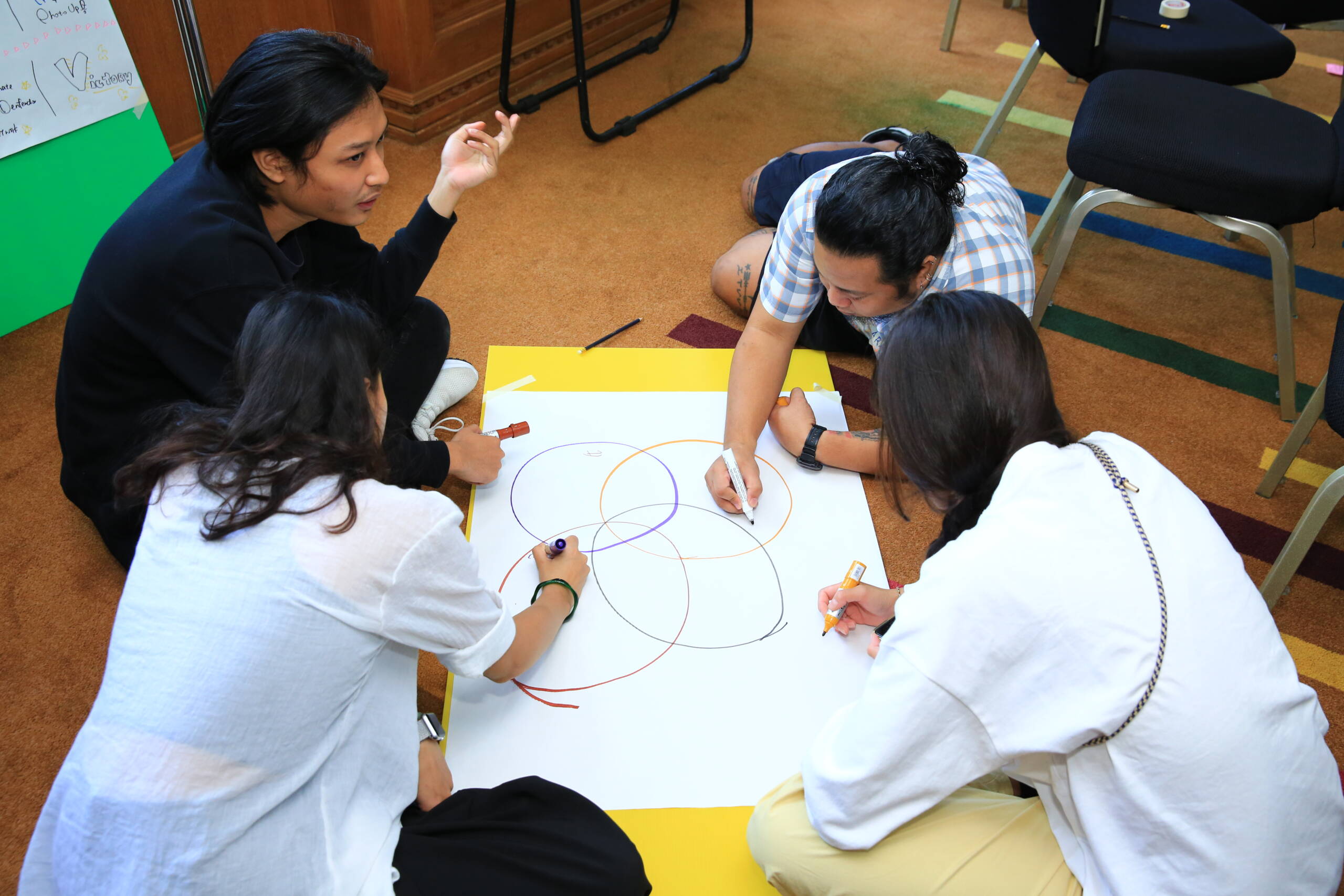
I’ve missed this kind of training, where I can engage in real conversations with peers rather than just being in front of a Zoom video. It’s refreshing to have breaks where I can interact with my fellow participants and delve into discussions about culture and politics — topics that weren’t formally covered in the sessions. It allowed me to gain deeper insights into the personalities of my fellow participants and fostered more meaningful interactions beyond the confines of the small screen in my hand.
The facilitators were also great; we had interactive games and activities to help us better understand the topics we needed to learn. We also had ample sharing and discussion to understand how 350.org operates, how we do campaigns, and how to help one another, even if we are from different countries.
I really enjoyed the activities we engaged in during the program. For instance, we played a strategic game reminiscent of the glass bridge challenge from the Squid Game series, but our version revolved around renewable energy projects. Additionally, we participated in creative exercises where we presented our plans for the global event and discussed the support we could provide and the support we need. During our breaks, participants were encouraged to showcase videos highlighting the campaigns they were involved in within their respective countries.
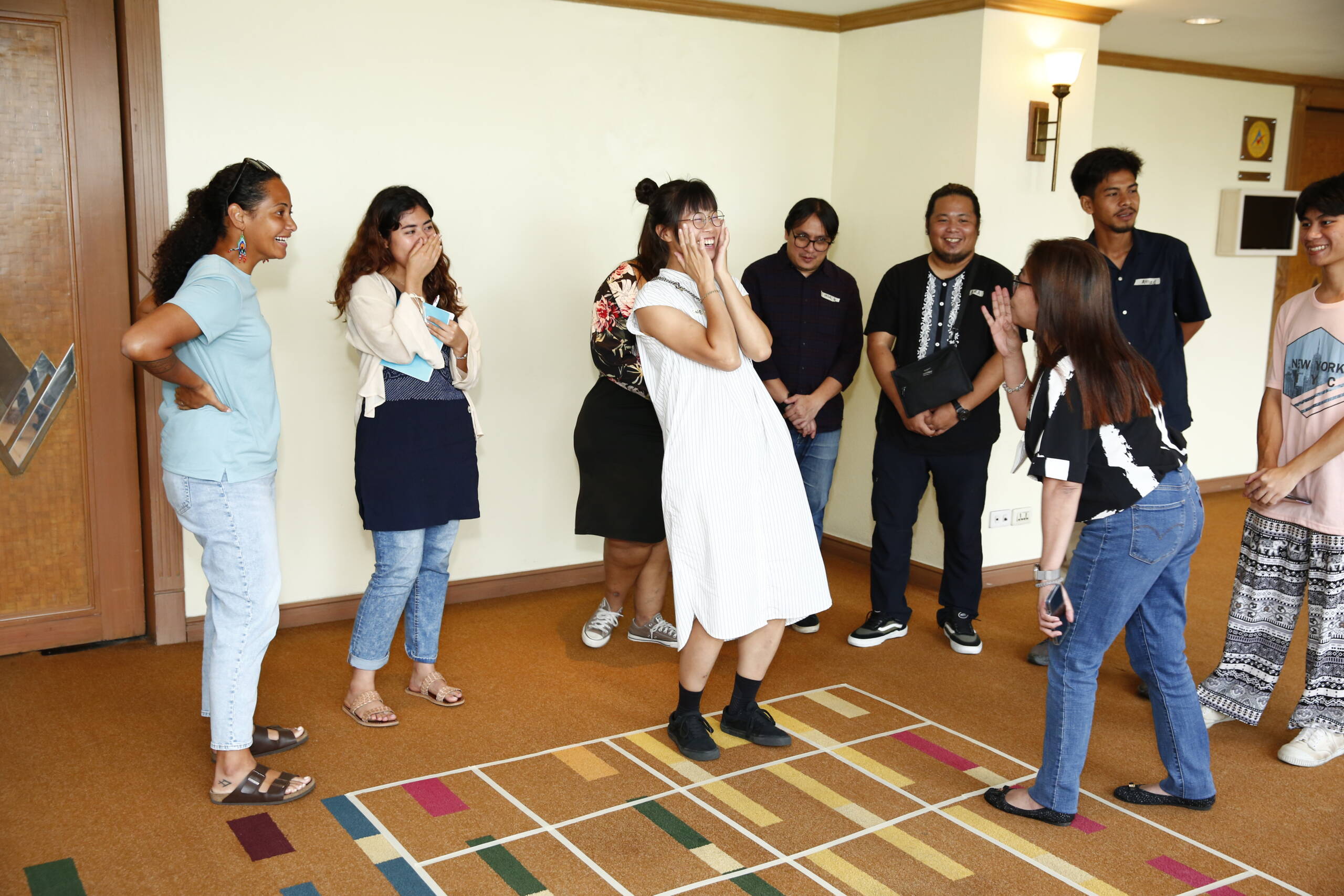
We also had guest speakers who generously shared their journeys, starting as volunteers and reaching their current positions in their respective roles. Additionally, there were sessions focused on discussions and practical exercises to enhance our skills and knowledge in campaign management. Furthermore, in the evenings, we had social gatherings where we could connect on a personal level, sharing our cultural backgrounds and personalities beyond our roles as climate activists.
On the third day, we shifted to ASL Online, where we, the ASL fellows, took on the roles of presenters and facilitators for those who registered for the online event. In-person and online participants in the training had the opportunity to learn about various topics presented by different groups. Our chosen topic, “Across the Sea: People’s Leadership on Renewable Energy,” was the fourth one on the agenda.
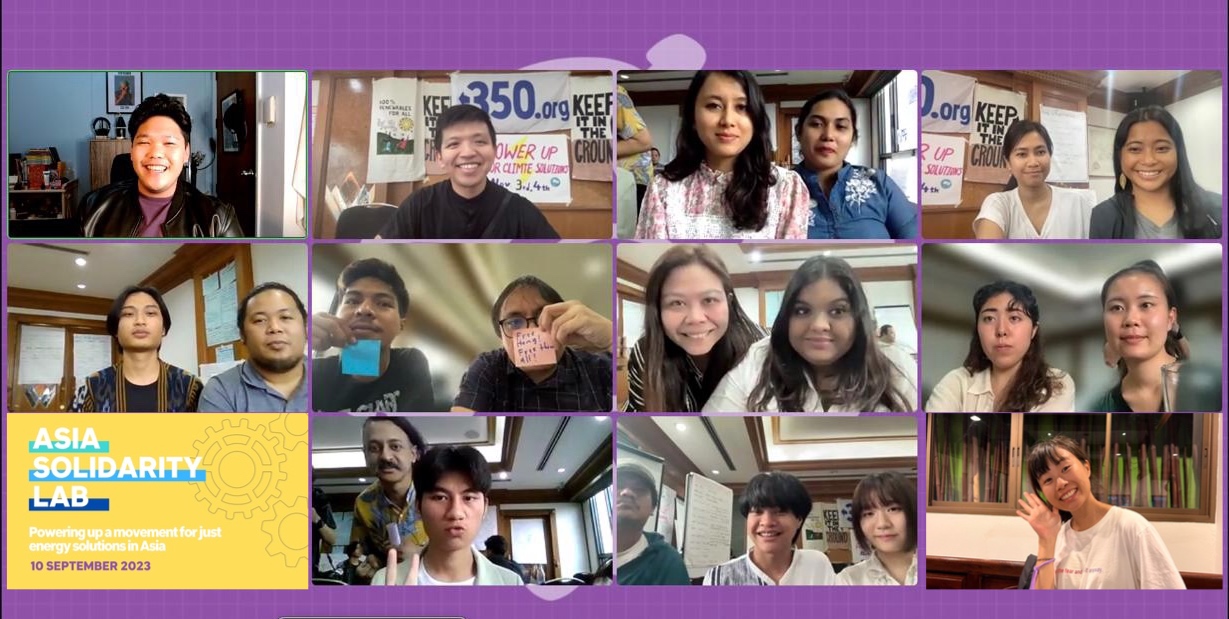
The Asia Solidarity Lab Online was held online on September 10, 2023. Screenshot from the ASL Online 2023
I felt quite anxious that day because I wasn’t sure if I could confidently discuss our topic, especially since it was my first time doing so in English. However, working with my ASL partner, Fathan, turned out to be an enjoyable experience. We shared a clear understanding of our goals, reached a consensus on our approach, and brought diverse skills and capacities to the table, complementing our desired presentation style.
Our presentation aimed for a more relaxed and casual tone to ensure we both felt comfortable and could assist each other during the session. Despite facing some challenges, including technical difficulties, our extensive training equipped us well, allowing us to successfully deliver our topic, and I’m proud of what we accomplished!
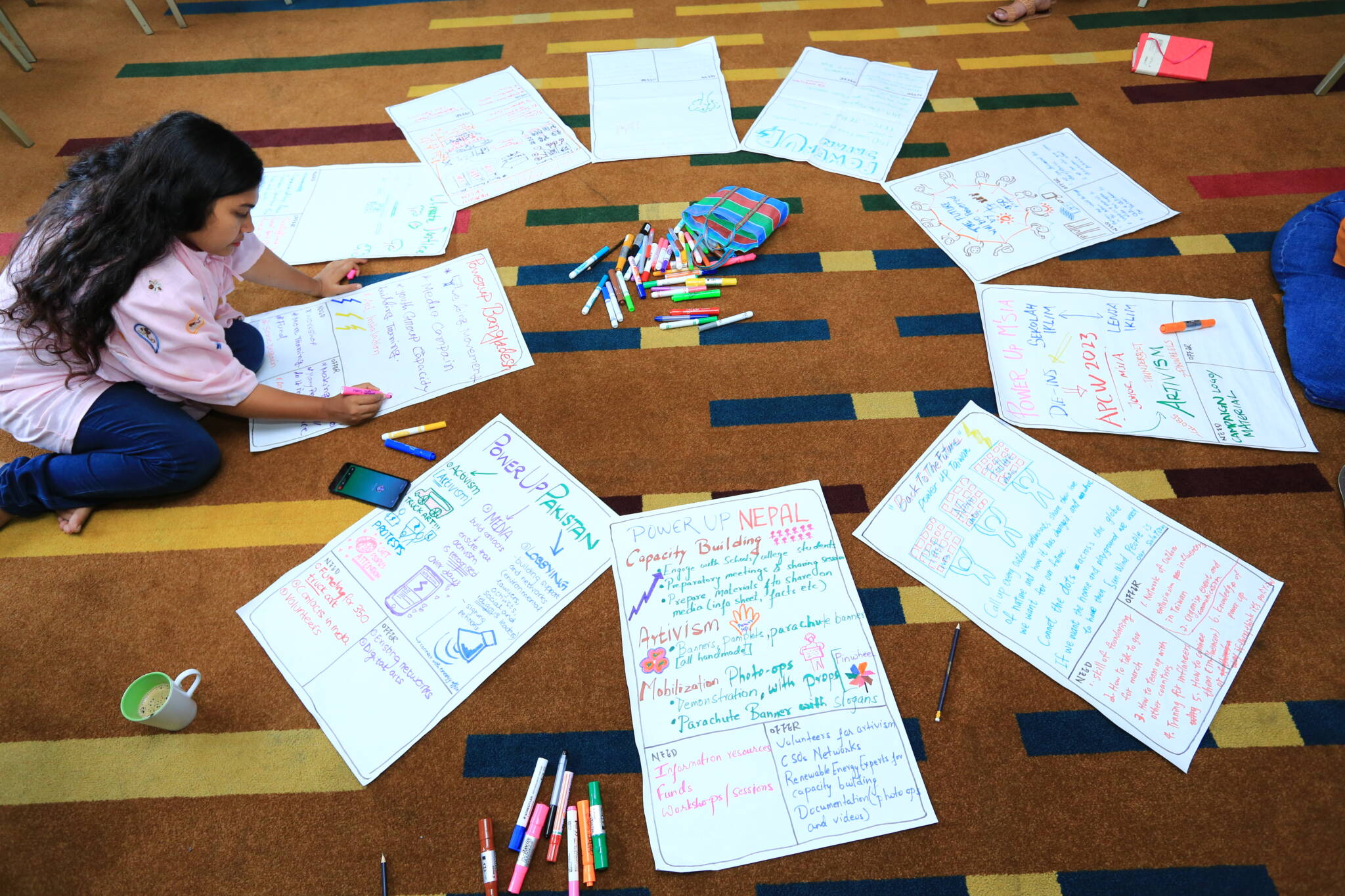
Workshop outputs by ASL fellows highlighting the campaigns from their countries. Photo: ASL 2023
The final night was an incredibly liberating experience for me. It marked a personal triumph over something I had previously believed I couldn’t do: public speaking in English. It was a night where I could step out without the anxiety of figuring out how to make our ASL Online session a valuable learning experience for all the participants. Instead, it was a night dedicated to celebrating and having a great time!
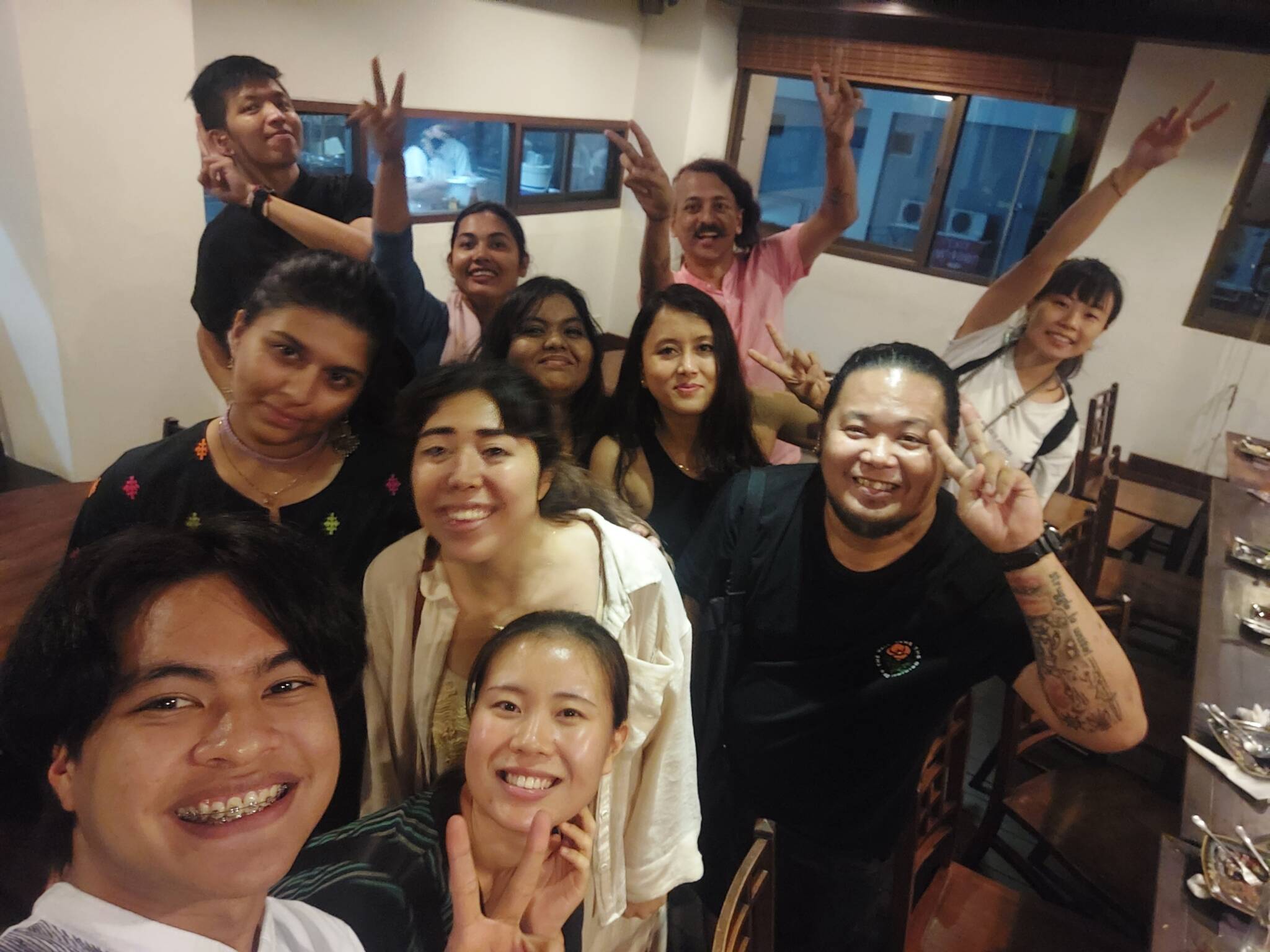
A group photo with other fellows from 350.org
I’m grateful for the chance to share my experiences and make new friends. As one of the facilitators aptly mentioned, I’ve discovered a community where I can fully embrace my true self without getting too anxious about how I convey my thoughts. I extend my heartfelt thanks to those who ensured our comfort and the safe space, enabling us to make the most of this incredible learning journey.
Upon my return to the Philippines and taking the time to reflect on my experiences, a realization stood out to me: the significant impact of religion, culture, gender, geographical context, and politics on the way we approach our campaigns. I came to appreciate that different countries have unique circumstances regarding renewable energy (RE) projects. For instance, some nations boast large RE initiatives like dams, which are heavily shielded by political interests, resulting in stringent regulations for other RE projects. In contrast, some prioritize economic standards and view RE as a more dependable energy source.
Certain countries with strong religious influences are beginning to advocate for community-led RE initiatives. Some campaigns are led by gender advocacy groups, while others are spearheaded by Indigenous peoples and farming communities in the pursuit of community-based RE projects. Simultaneously, there are campaigns aimed at countering false solutions pushed by their respective governments. These diverse approaches underscore the intricate interplay of factors that shape and influence our campaign strategies.
What deeply resonated with me, and will forever remain etched in my heart, is that despite the physical distances that separate us across seas, oceans, and borders, we share a common hope and share the same dreams. We all yearn for a future where future generations can enjoy the good experiences we’ve had. We aspire for our future generations to have access to clean drinking water, the opportunity to swim in unpolluted seas, the freedom to explore lush forests, and access to the same fresh foods that sustain us. Our collective desire is for a world that can flourish, providing a thriving environment for people to live in.
And because of that, we stand united in solidarity! We can move forward by campaigning to stop the proliferation of fossil fuels and push for more solutions-based and a just transition to renewables for the people and by the people.
So see you on November 3-4! Join us for a global moment of action to push for solutions wherever you are! POWER UP! FOR CLIMATE SOLUTIONS! Because our future will be powered by the sun, the wind and the people!
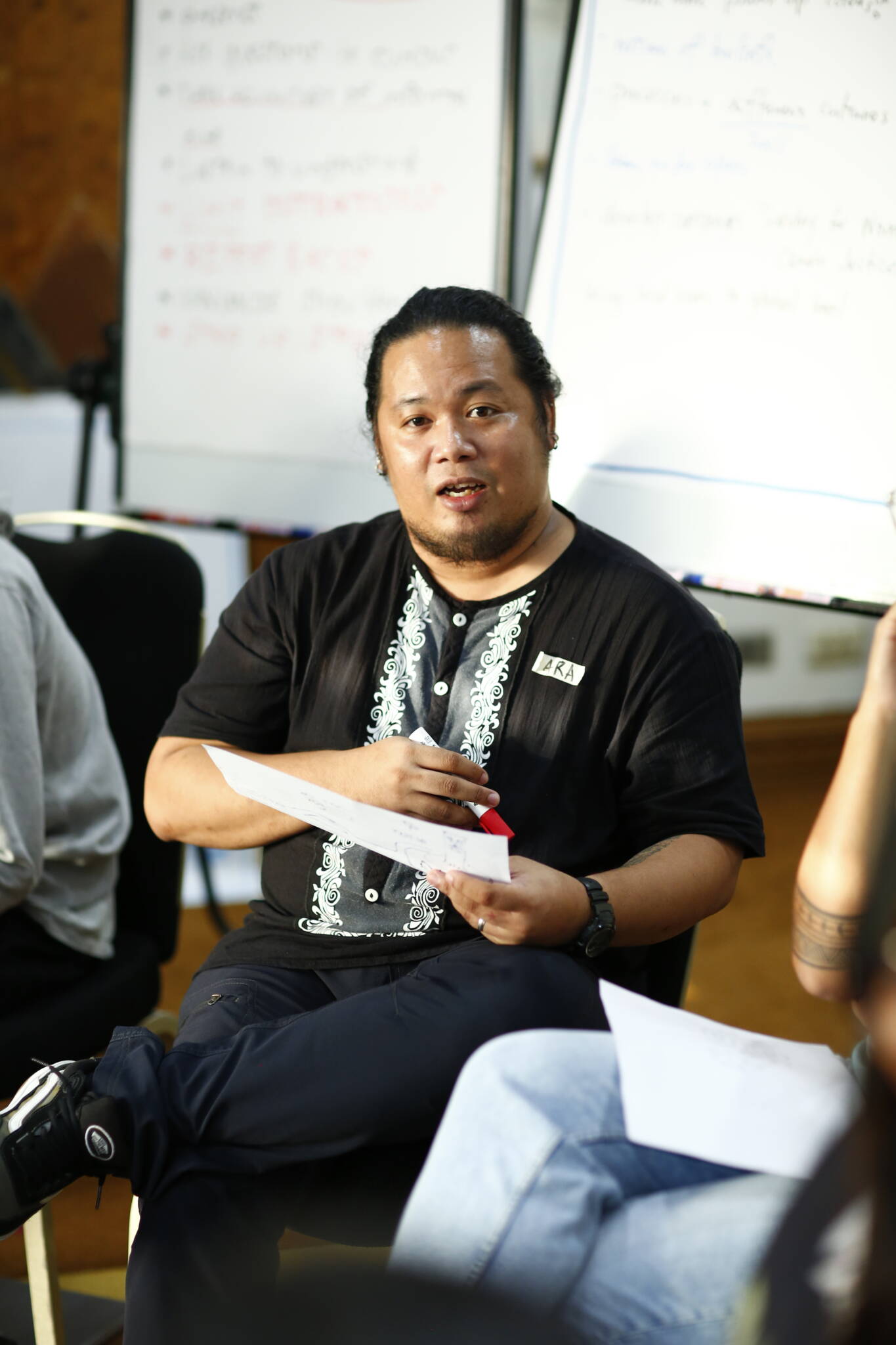
Ara is the current Advocacy Officer of 350 Pilipinas for Creating Campus Based Community of Practice. A fellow of the Asia Solidarity Lab 2023. Photo: ASL 2023
